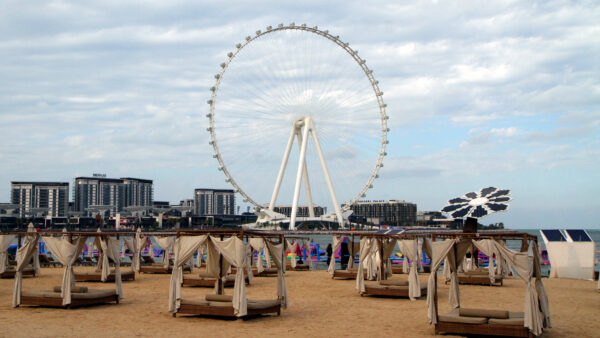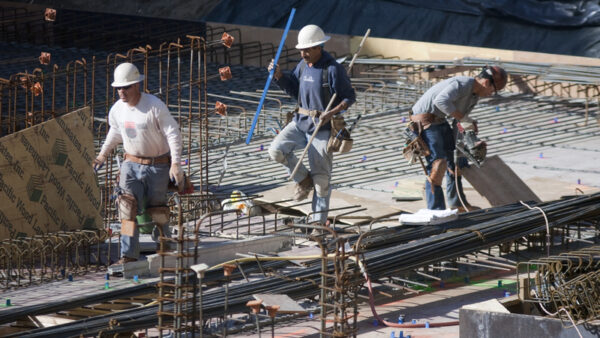Saudi Arabia’s finance ministry has ordered government departments to implement a freeze on new projects in the fourth quarter of this year in order to save money amid low oil prices, according to a report.
Other cost cutting measures include a ban on buying vehicles and furniture, and on renting property, two anonymous sources told Bloomberg news agency.
New appointments and promotions in government departments will also be put on hold, according to Bloomberg.
Oil makes up around 90% of Saudi Arabian government revenue, and a drop in the price of crude of more than 40% in the past year has put rare pressure on its finances.
The International Monetary Fund (IMF) predicts that Saudi Arabia’s gross debt as a percentage of GDP will rise sharply from around 1.6% in 2014 to 33% in 2018 – although such a ratio would still leave Saudi Arabia far less indebted than G7 countries.
If Bloomberg’s sources are correct about a freeze on government contracts it could reverse a surge in construction activity seen in the kingdom this year.
The value of contracts awarded there in the second quarter (Q2) of 2015 surpassed $22bn, up 45% from the first-quarter figure of $15bn, according to Saudi bank, NCB.
New roads, housing and power schemes comprised more than 70% of Q2 contract awards, with government entities predominant among the procuring bodies.
Set in context, the value of awarded contracts in the kingdom hit a record $77bn (SR290 billion) in 2013, according to NCB, and fell to $58.6bn (SR220 billion) in 2014.
“In order to demonstrate a bit of fiscal discipline the government needed to take some measures in 4Q to moderate spending,” John Sfakianakis, a Riyadh-based Middle East director at Ashmore Group Plc, told Bloomberg.
“Going forward Saudi Arabia will have to implement spending cuts and efficiencies in order to avoid a runaway fiscal deficit in 2016.”
Photograph: Skyline of Riyadh, Saudi Arabia (Wikimedia Commons)






